The Art of Shuai Jiao: China’s Ancient Wrestling Tradition
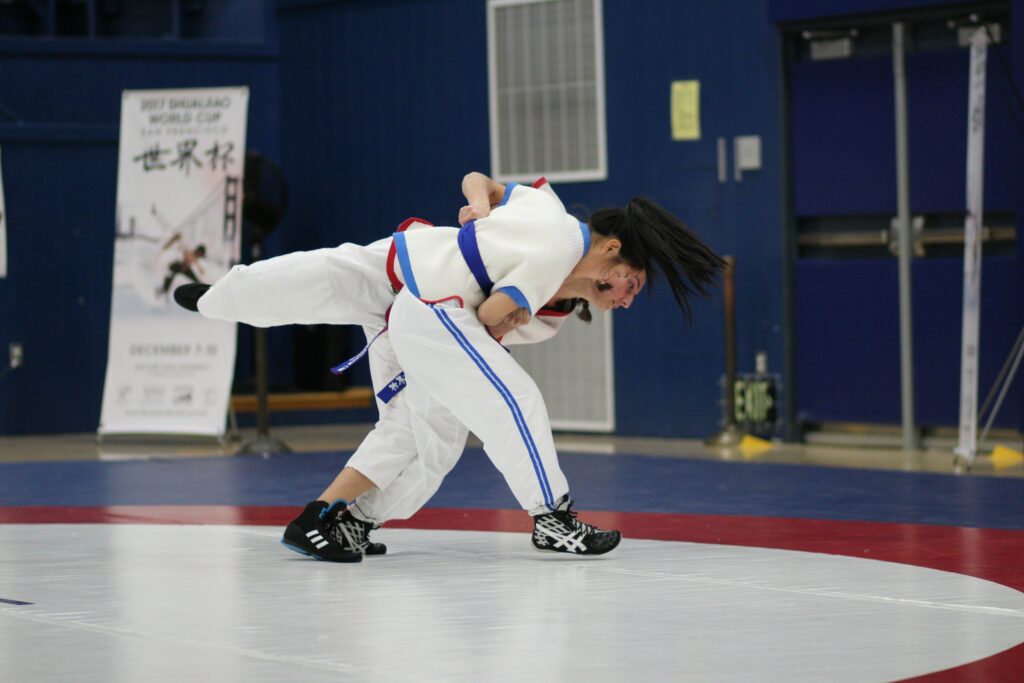
Introduction Shuai Jiao, the ancient Chinese martial art of wrestling, embodies a rich history marked by its intricate techniques, deep cultural significance, and martial efficiency. Rooted in China’s millennia-old martial arts heritage, Shuai Jiao has evolved from a battlefield necessity to a modern sport while preserving essential aspects of its traditional roots. This essay aims […]
Martial Arts Within the Chinese Triads
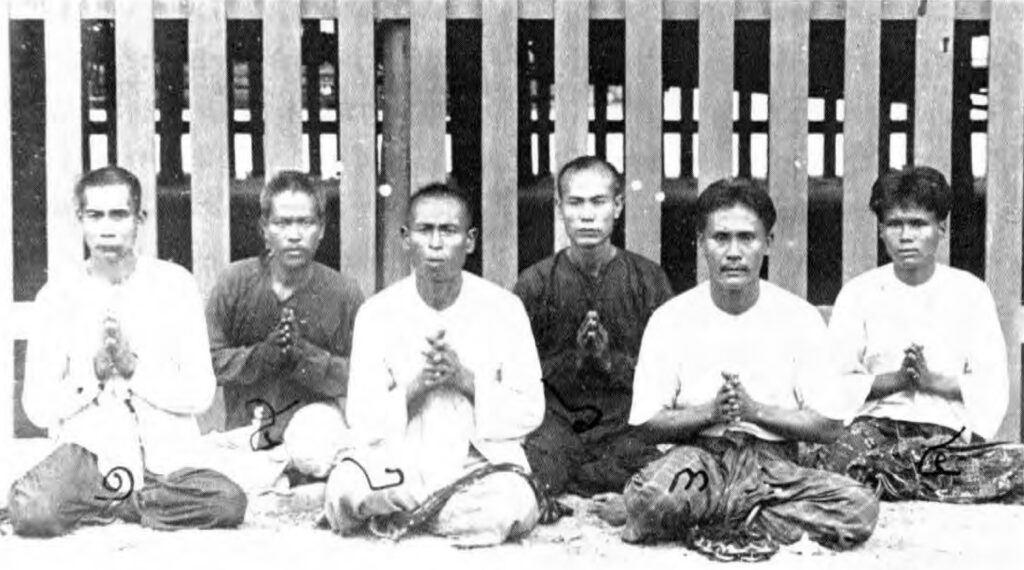
Introduction Martial arts have long been an integral part of Chinese culture, embodying historical practices, philosophical beliefs, and methods of self-defence. They represent not just physical discipline but also a way of life, steeped in traditions that date back several millennia. Within this rich tapestry, there exists a controversial aspect associated with the Chinese triads—secret […]
Chinese and Japanese Pure Land Buddhism: An In-depth Exploration
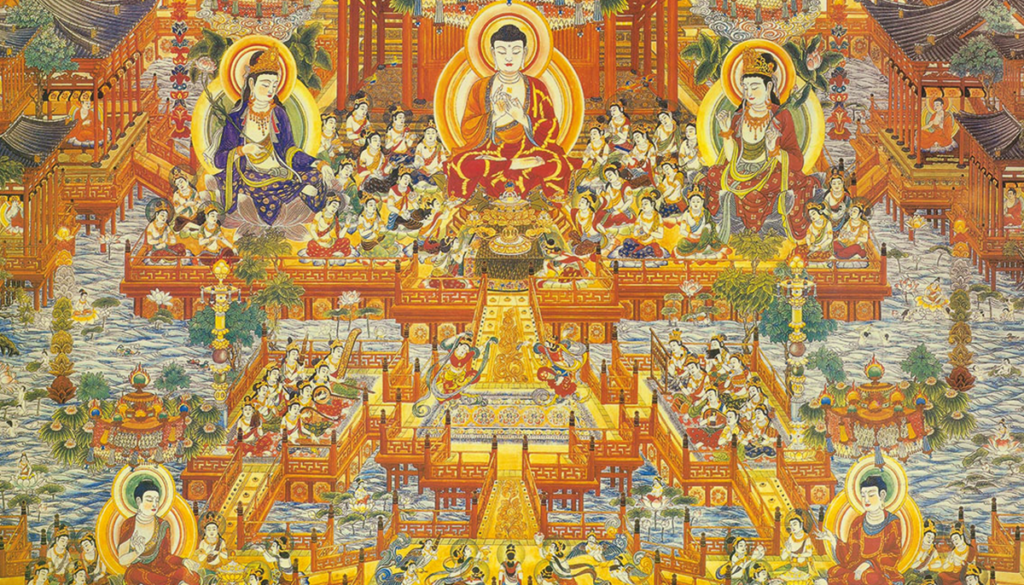
Introduction Pure Land Buddhism, a major tradition within Mahayana Buddhism, focuses on the veneration of Amitabha Buddha (known as Amida in Japan) and the aspiration for rebirth in the Pure Land, a realm of bliss and enlightenment. This essay explores the roots, development, and practices of Pure Land Buddhism in both China and Japan, emphasizing […]
Meditation and Mindfulness: An In-Depth Exploration
**Introduction** In today’s fast-paced and often chaotic world, the concepts of meditation and mindfulness have gained significant attention as effective methods for improving mental well-being and promoting overall health. While these practices have roots in ancient spiritual traditions, they have been embraced by modern psychology and wellness movements as powerful tools for enhancing self-awareness, reducing […]
The History of Sanda/Sanshou
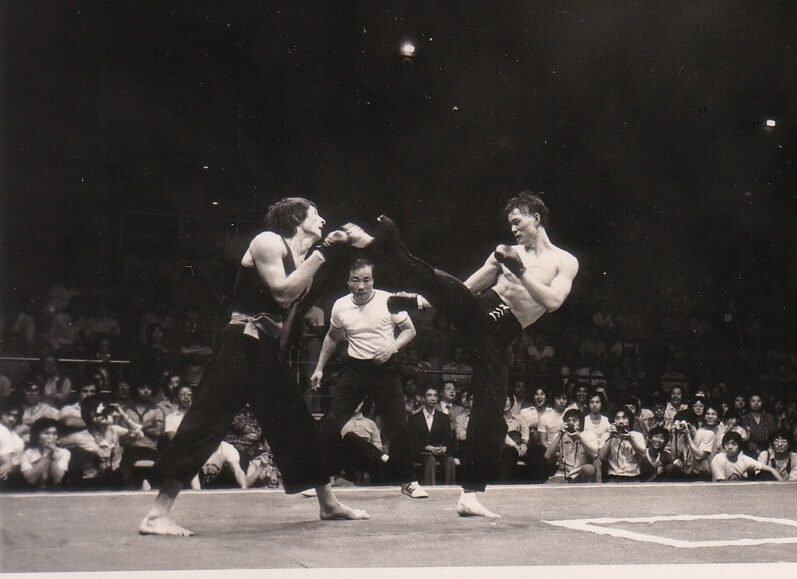
Introduction Sanda, also known as Sanshou, is a Chinese martial art that combines elements of traditional Chinese martial arts with modern combat techniques. It is a full-contact sport that includes striking, grappling, and wrestling techniques. The terms “Sanda” and “Sanshou” are often used interchangeably, with “Sanda” translating to “free fighting” and “Sanshou” to “free hand.” […]
Sambo as a Lifestyle in the Soviet Union
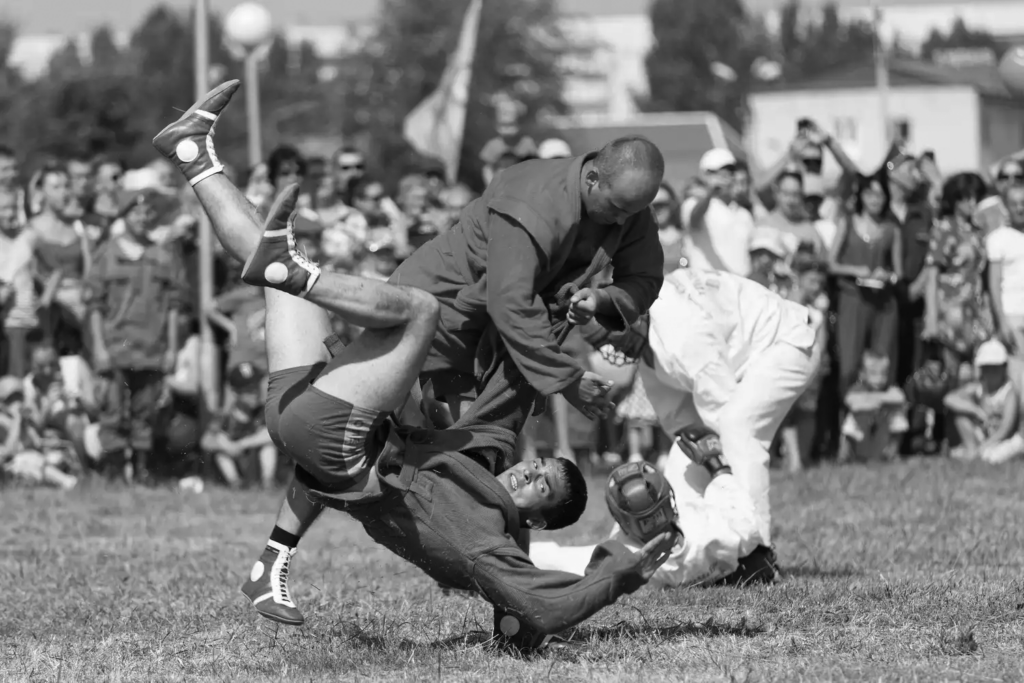
Introduction Sambo, a Soviet martial art and sport, stands as a unique symbol of the USSR’s approach to physical culture and national identity. Developed in the early 20th century, this system of self-defence and combat incorporated elements from judo, wrestling, and traditional folk fighting styles of the various ethnic groups within the Soviet Union. Sambo […]
The History of the Shaolin Temple

Introduction The Shaolin Temple, located in the Henan province of China, is renowned worldwide as the birthplace of Chinese martial arts and a symbol of Buddhist culture. Establishing its significance in both religious and martial contexts, the temple’s history stretches back over a millennium. This essay seeks to investigate the origins, evolution, and enduring legacy […]
Sanda – Chinese MMA
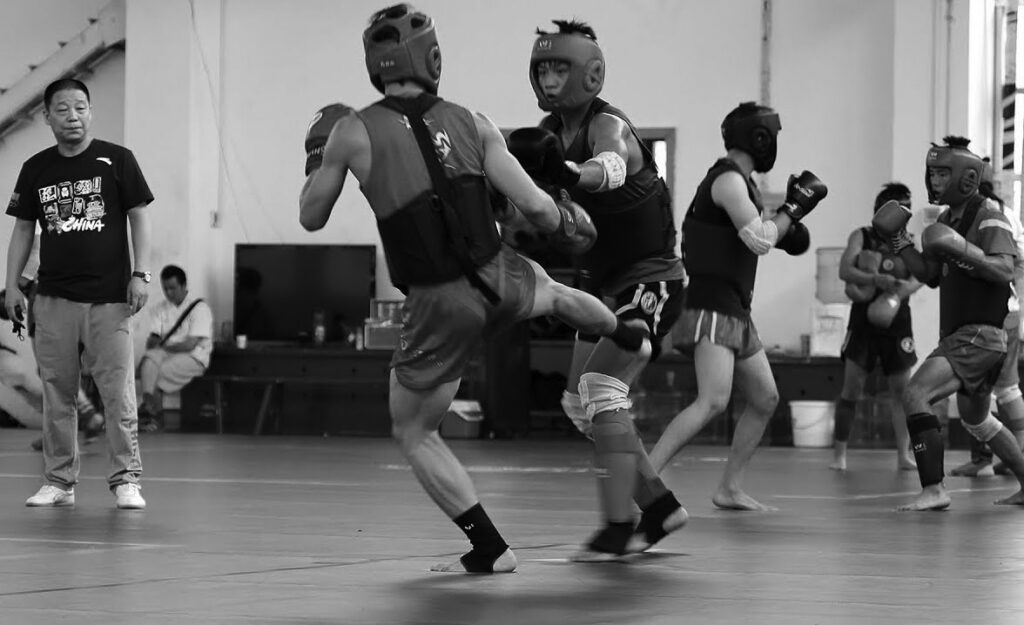
Sanda, also known as Sanshou or Chinese kickboxing, is a popular form of full-contact martial arts that combines elements of traditional Chinese boxing techniques with modern kickboxing techniques. It is a highly dynamic and explosive combat sport that requires a combination of striking, kicking, wrestling, and takedowns. In this essay, we will delve into the […]
Russian Sambo: The Martial Art of the Soviet Union
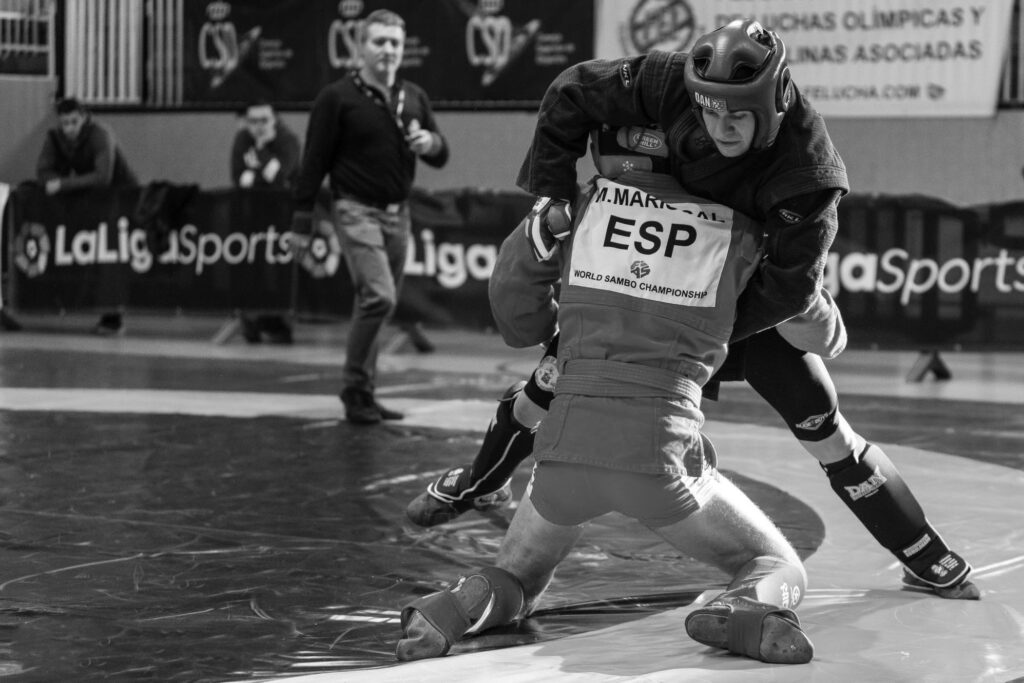
Introduction Russian Sambo is a dynamic and versatile martial art that originated in the Soviet Union in the early 20th century. Combining elements of judo, wrestling, and other grappling styles, Sambo has become a popular and effective martial art practiced by people all over the world. In this essay, we will explore the history, techniques, […]
Kapap – Krav Panim El Panim
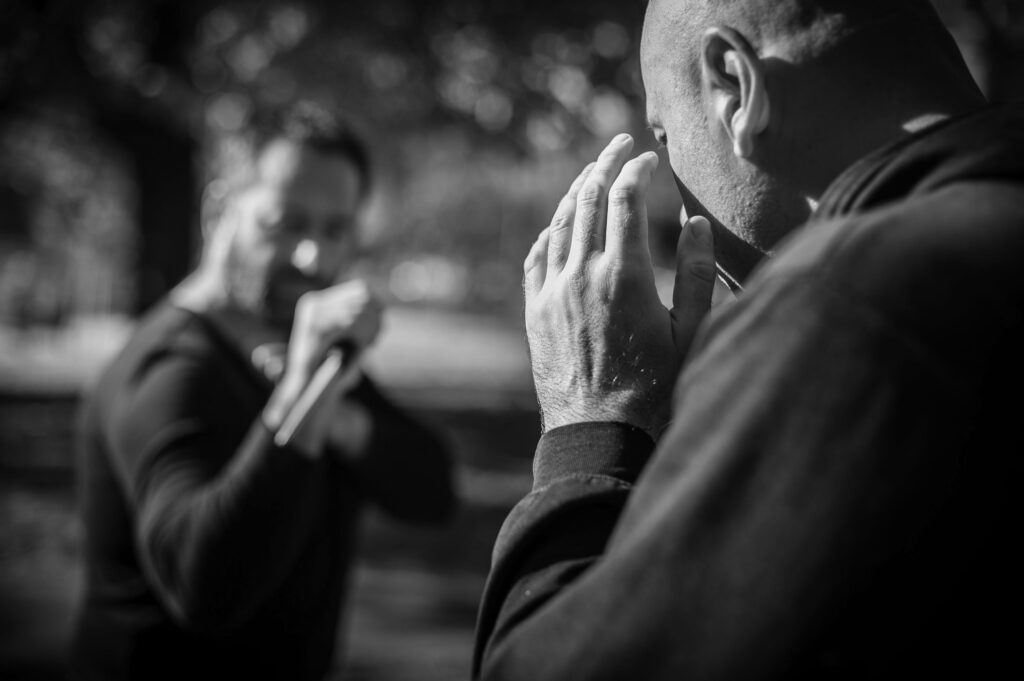
Kapap is a martial art that originated in Israel and is known for its focus on self-defence, hand-to-hand combat, and weapons training. The term “Kapap” stands for “Krav Panim El Panim,” which translates to “face-to-face combat” in Hebrew. The roots of Kapap can be traced back to the early 20th century. Kapap was developed as […]
